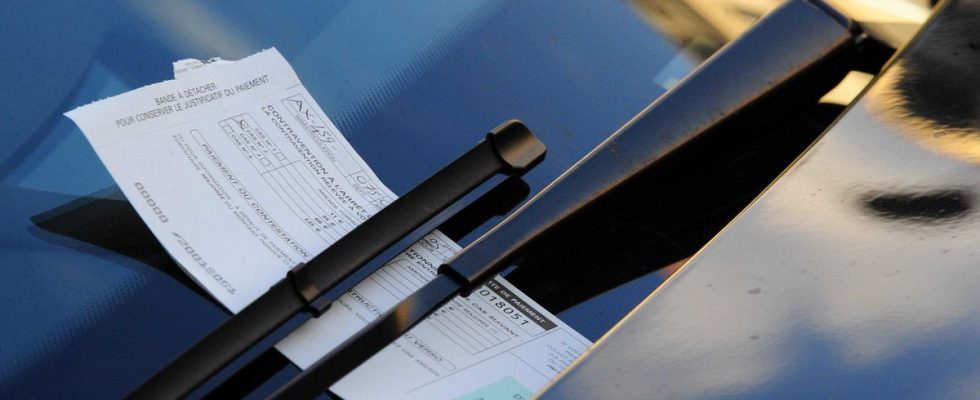Even if the timetable is not yet known, the procedure for fines will change. The National Assembly reinstated on Monday, at first reading, the obligation for motorists to pay their parking fine in order to contest it. This was deemed unconstitutional in September 2020.
The text was approved by 45 deputies, with 23 voting against. The majority, 2 LR (out of 3) and the Liot group voted for, the left mainly against and the National Rally abstained. It provides for the implementation of this reform on a date fixed by decree, and no later than June 30, 2026.
Exceptions such as receiving low income
The transpartisan bill, carried by MP Daniel Labaronne (Renaissance), “reestablishes the obligation of prior payment of the post-parking fee (new name for fines) and its possible increase, within the limit of a fixed ceiling by decree in the Council of State, as a condition for the admissibility of a contentious appeal, except in exceptional cases.
The exceptions retained are the theft or destruction of the vehicle, theft of the motorist’s registration plate, transfer of the vehicle, receipt of low income, benefiting from a parking card for disabled people .
The Constitutional Council, seized of a priority question of constitutionality, had judged unconstitutional the prior payment of the fine due to the absence of a provision guaranteeing that the amount of the sum to be paid and its possible increase was not too high, and the absence of exceptions taking into account particular situations.
Censorship has increased the stock of pending cases
In his introductory remarks Daniel Labaronne underlined that this principle of prior payment had been voted “on the one hand to avoid dilatory appeals with the aim of good administration of justice and on the other hand to guarantee the rapid recovery of the recipe for the communities concerned. The censorship of the Constitutional Council resulted in an increase in the stock of pending cases, which stood at the end of 2022 at more than 183,000 cases, with “judgment times of around two years”, a “complicated situation which also penalizes our fellow citizens.”
Speakers opposed to the text denounced a limitation of the right to appeal, in a context where the automation of reading number plates increases fines. From 2018 to 2022, the number of fines increased from 7.8 to 13.7 million, to “reach a new revenue record of around 340 million euros”, according to André Chassaigne (PCF).

